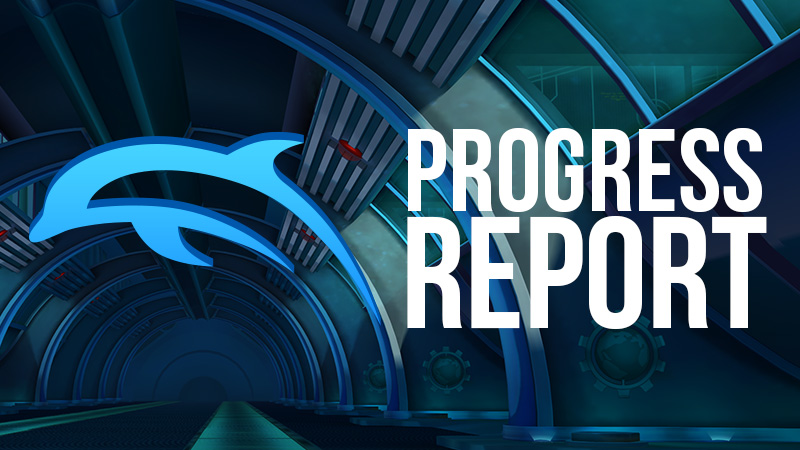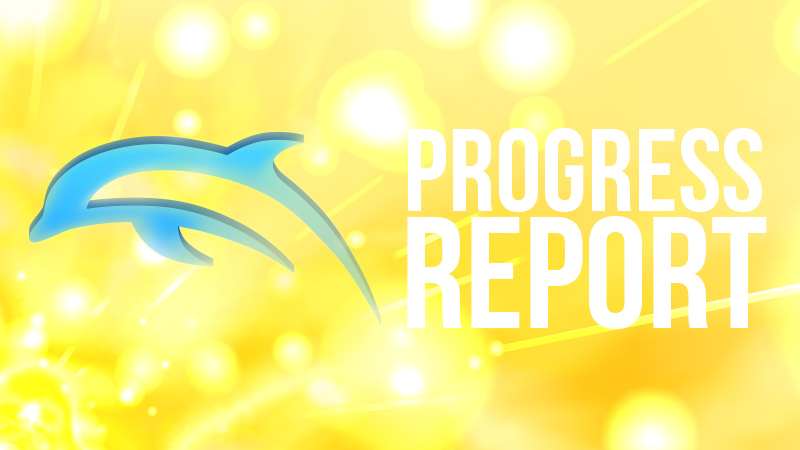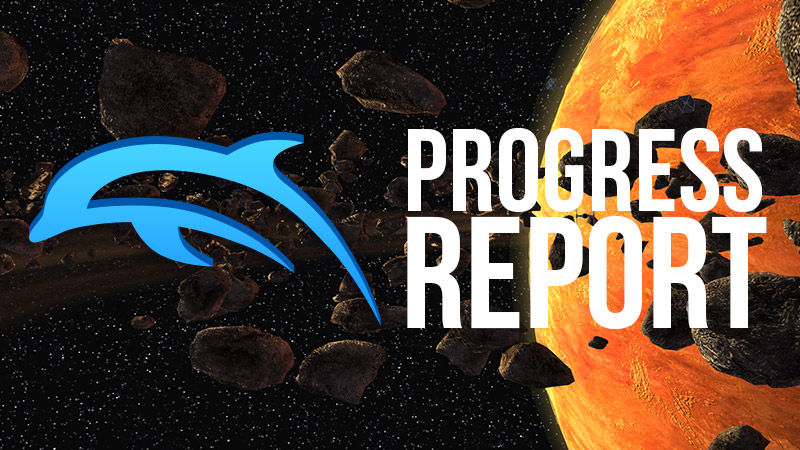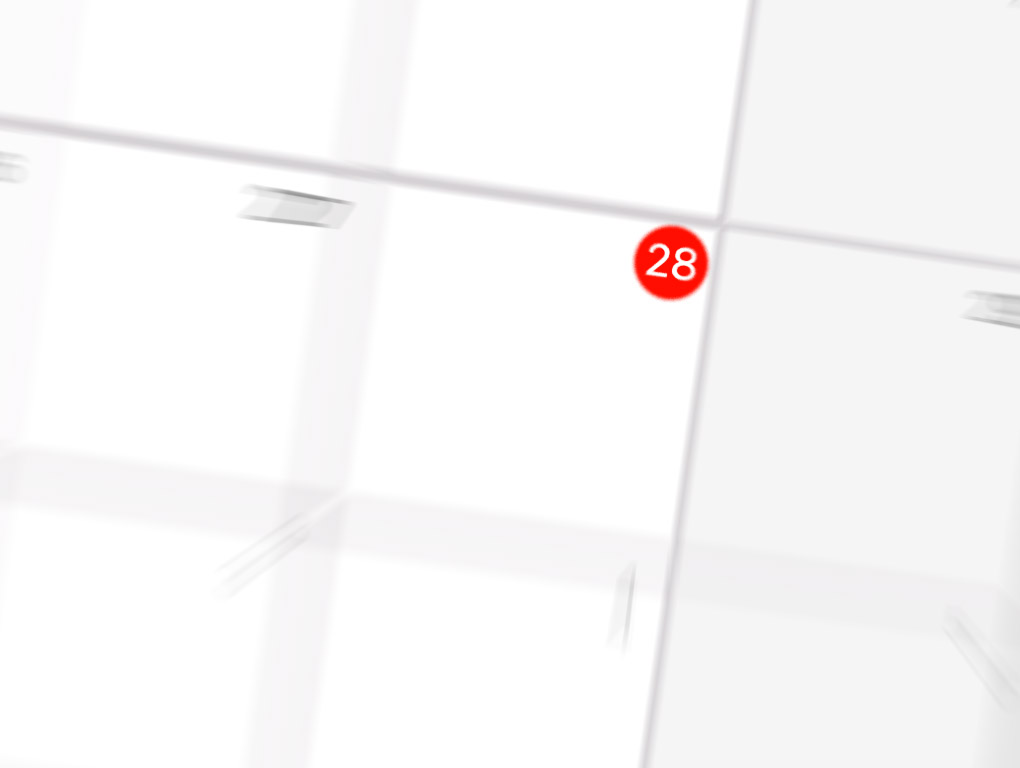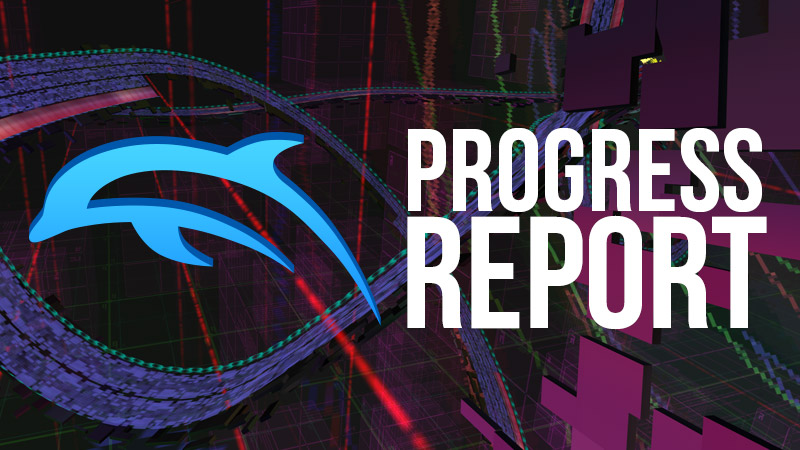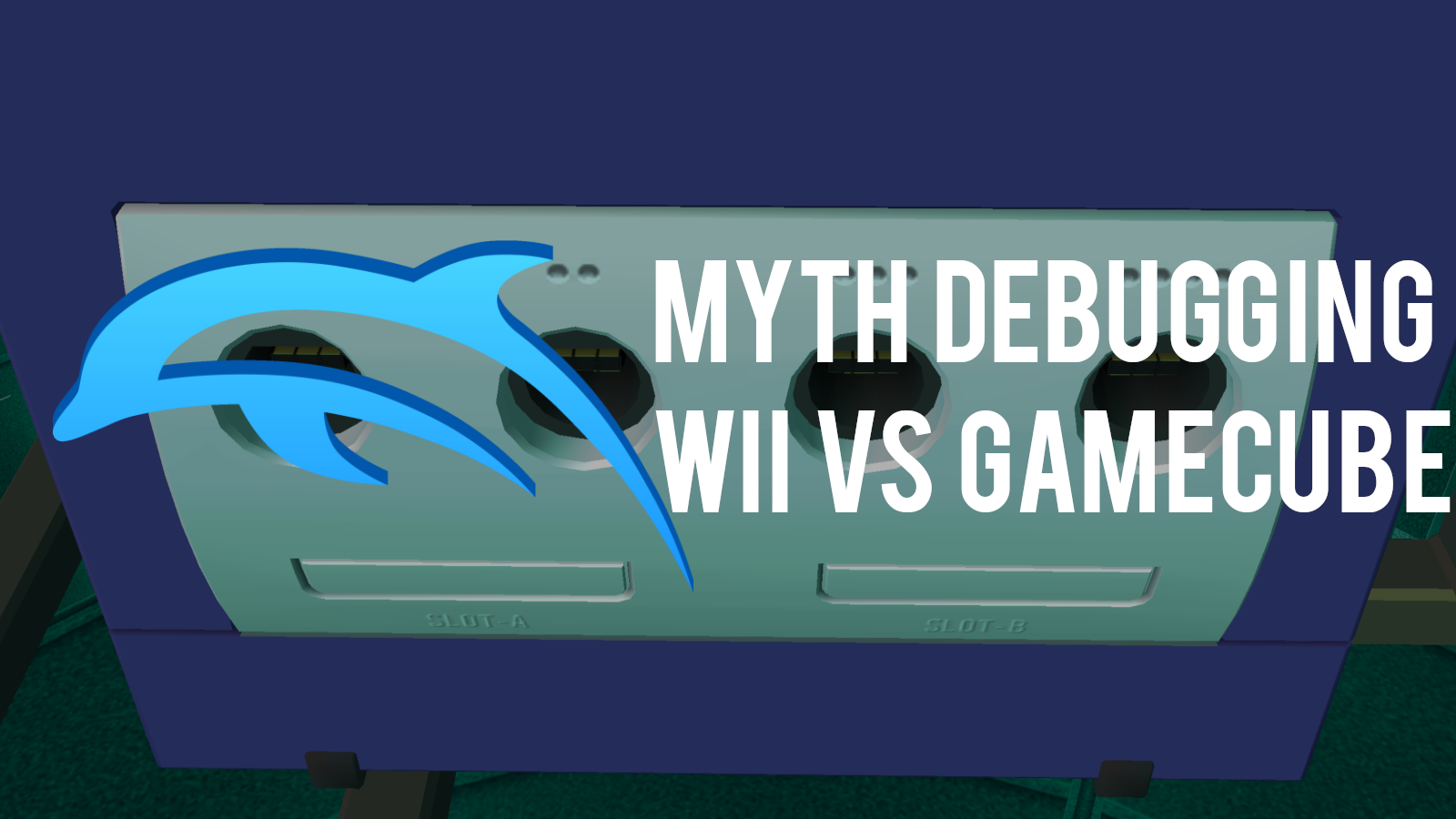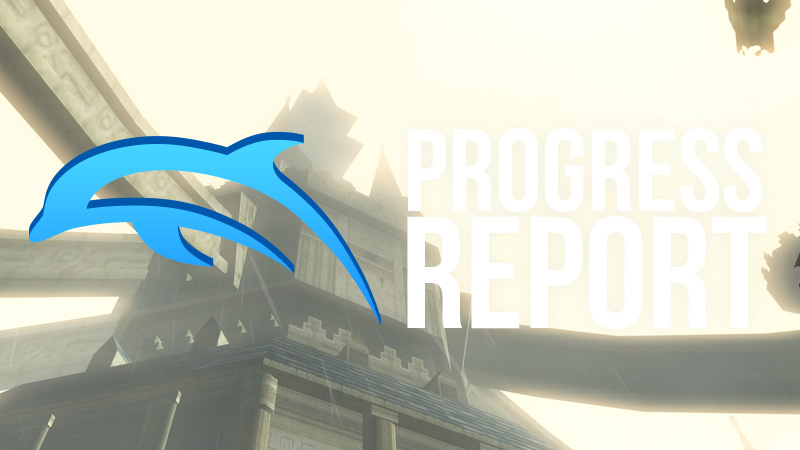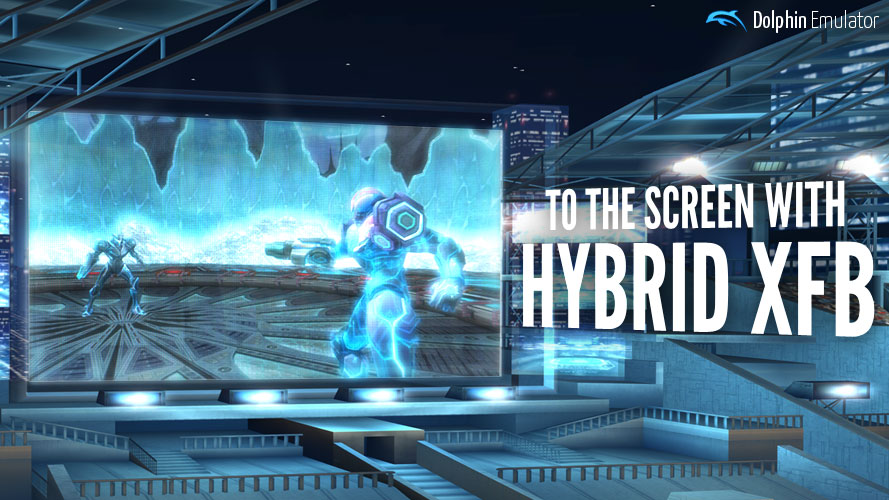After a long wait, the Progress Report is back! This time it wasn't so much from a lack of content, but from a lack of content creators. The past three months had illnesses hit one of our writers and the other had a very challenging move. Even with these major hurdles jumped, we're not even close to 100% yet. It's been a battle to get caught up with all of the big changes to Dolphin the past couple of months and because of that this report is a tad late.
Needless …
Continue reading
You can continue the discussion in the forum thread of this article.
This year, we've hit an important milestone that's been in the works for nearly a decade. In late 2012, Sonicadvance1 began work on Dolphin's ARM JIT. Back then, there weren't any devices that had even a sliver of hope of running Dolphin close to full speed, but that wasn't really the goal. All he wanted to do was see if it could be done; it sounded like a fun, challenging project. However, as time passed the idea turned into more than just a passing curiosity. Users were more than happy …
Continue reading
You can continue the discussion in the forum thread of this article.
After finishing up the macOS M1 article the blog staff took a little break. Then they saw the date.
Upon looking at the actual changelog, however, something became readily apparent: this wasn't going to be just a Progress Report; this was going to be a MEGA Progress Report. The long rumored time era of developers merging everything at once had finally come to pass. We have graphical fixes for Super Mario Galaxy and Luigi's Mansion, crash fixes for …
Continue reading
You can continue the discussion in the forum thread of this article.
Since the Dolphin 5.0 release, Dolphin has had opt-in usage statistics reporting to help us determine what hardware and builds users are using. Recently, this feature was also added to Dolphin Android, letting us see that around 10% of our users on development builds are using the Android version of Dolphin. Obviously, Dolphin on Android isn't going to be a perfect experience for quite some time, but in the meantime we will continue to add features and try to make the Android experience as clean as possible, even if the …
Continue reading
You can continue the discussion in the forum thread of this article.
Users of Dolphin may have noticed that things look a little bit different in the GUI. That's right, mid-April DolphinQt was unleashed to the masses as the default GUI! It hasn't been without some expected headaches and growing pains, but, overall most of the features are working and the transition is going along as smoothly as we could have hoped. For those having problems, the DolphinWx.exe is still included and will be updated with all the core changes.
Considering that we spent a whole monthly article on Qt, let's get …
Continue reading
You can continue the discussion in the forum thread of this article.
Dolphin has been around for over 14 long years at this point. Goals, expectations and standards have shifted quite a bit since the beginning. At one point, just booting a game at all was good enough, regardless of what you would see or hear! Compatibility has gone from a few select titles to almost every game released across two consoles. Considering all of that, it should be no surprise that some solutions that worked in the past slowly came to be a burden going forward. In this case, we're talking about …
Continue reading
You can continue the discussion in the forum thread of this article.
June was a month where a lot of important features were merged, but few of them had to do with actual emulation. Every emulator has its own philosophy and goals. While the primary goal is usually to emulate the console at hand, many emulators place secondary goals on various features and ideas. One of Dolphin's secondary goals is to make using the emulator as simple of a process as possible. There are lots of features that try to simplify things, like the Game INI system, support for real …
Continue reading
You can continue the discussion in the forum thread of this article.
One of the more difficult parts of being an emulator is balancing accuracy, performance and presentation. When Dolphin replaced the hacky, broken asynchronous audio with the synchronous New AX-HLE and New Zelda-HLE implementations, audio accuracy greatly increased! It came as quite the shock when users started complaining about this change and demanding asynchronous audio's return. Some of the criticisms were valid; there were bugs in early synchronous audio causing increased latency that weren't present in asynchronous audio.
All of these growing pains were eventually fixed, but, one complaint …
Continue reading
You can continue the discussion in the forum thread of this article.

